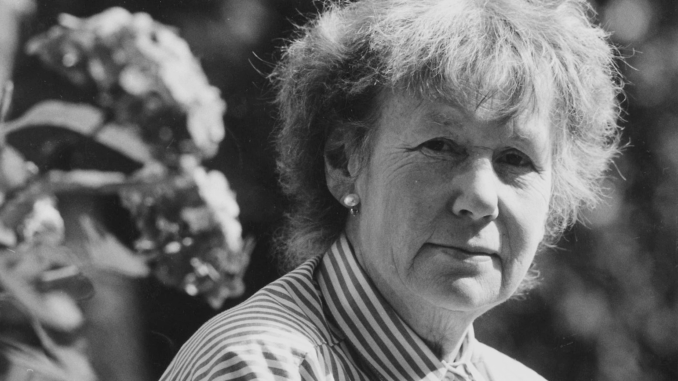
In Fried Green Tomatoes, audiences are instantly drawn to the warm, rustic atmosphere of the Whistle Stop Café. Its charm lies in more than the smell of frying green tomatoes or the sound of trains rolling by—it lies in the café’s role as the beating heart of a small Alabama town during the Great Depression. What’s remarkable is how the film subtly portrays this humble eatery as a powerful economic and social force, sustaining an entire community in times of scarcity.
The Café as a Lifeline
Set in the 1930s, when economic collapse gripped America, Whistle Stop was a place where poverty, racial segregation, and social upheaval could easily have destroyed the community spirit. Yet the café—run by the fiercely independent Idgie Threadgoode and the gentle yet determined Ruth Jamison—offered not only food but a sense of belonging. While other businesses failed, the café remained open, serving as a gathering spot for farmers, workers, drifters, and railroad men.
But here’s the deeper point: Idgie and Ruth didn’t just run a profitable business; they operated on principles of kindness, fairness, and inclusivity that defied the times. They extended credit to families who couldn’t pay, fed the homeless without judgment, and—most controversially—served Black customers with dignity in an era when segregation laws tried to keep races apart. This wasn’t just good hospitality; it was quiet rebellion.

Breaking Gender Norms
For two women to run a business in rural Alabama in the early 20th century was in itself a radical act. The café’s success was proof that leadership, skill, and resilience had nothing to do with gender. Idgie’s fearless charisma and Ruth’s nurturing steadiness created a balance that made the café not only functional but deeply human.
Economic Ripple Effects
It’s easy to overlook how many livelihoods depended on this small establishment—from farmers supplying produce, to the delivery drivers and rail workers who relied on its meals. The café created micro-economies, proving that small businesses can serve as the backbone of a community.
A Modern Parallel
Today, with many towns seeing their small businesses shuttered under economic pressures, the Whistle Stop Café’s story feels more relevant than ever. It reminds us that economic survival is as much about community cooperation as it is about profit. In the end, Whistle Stop’s survival was not just about money—it was about people taking care of one another.
